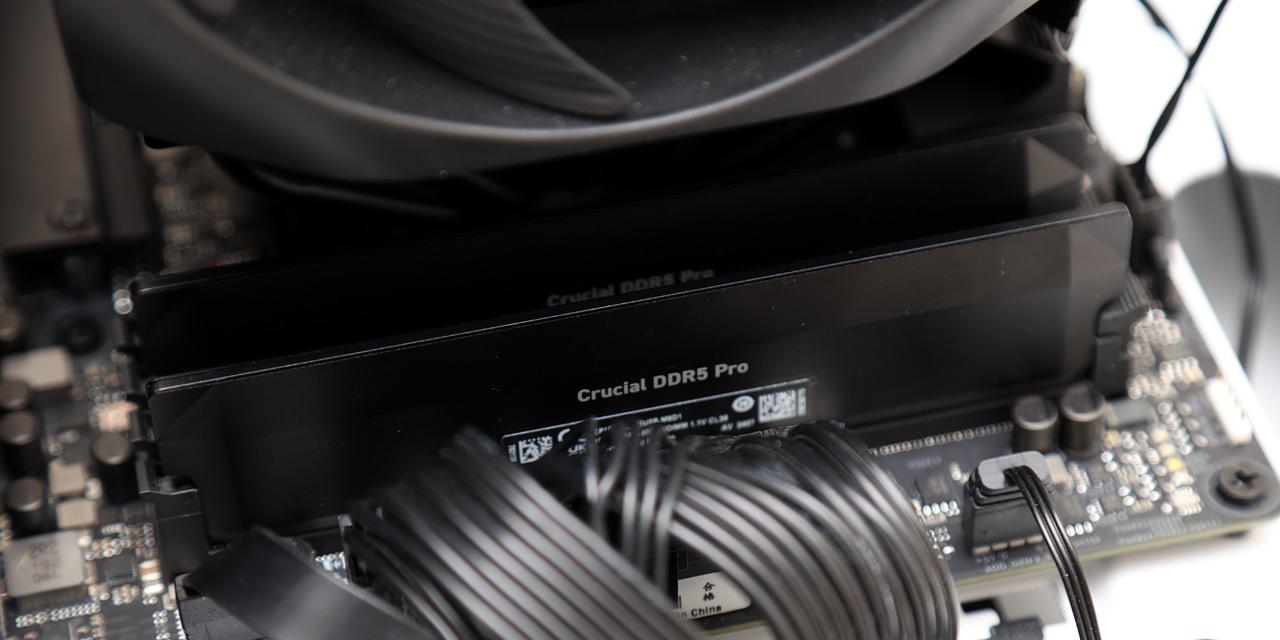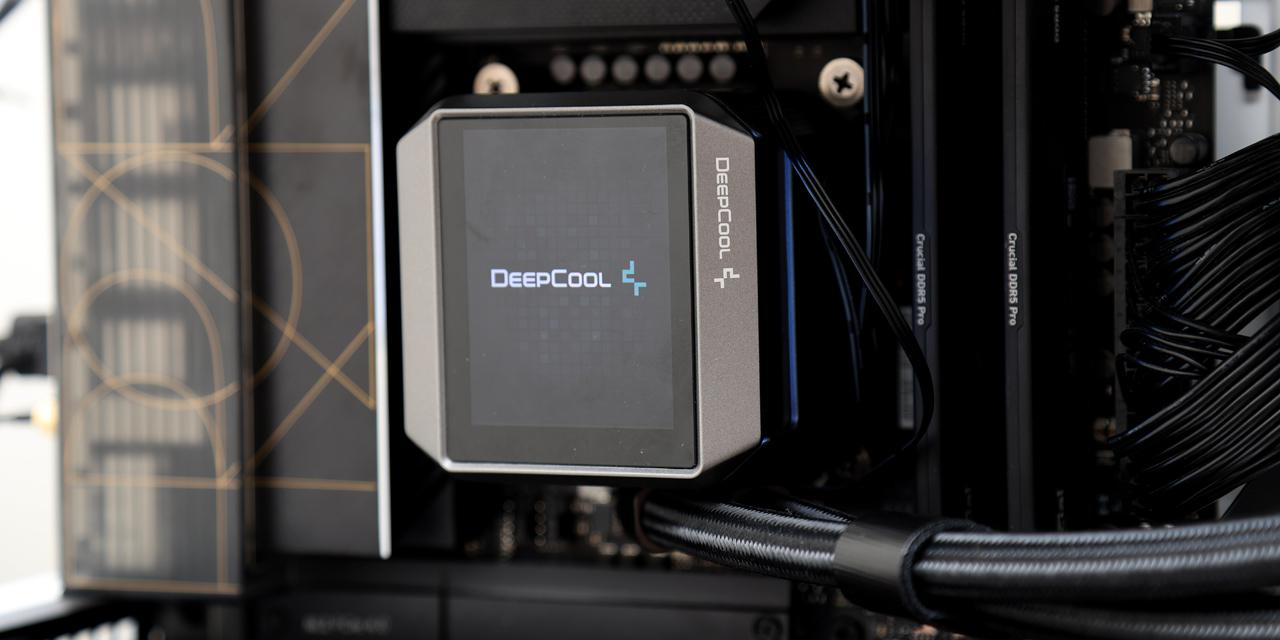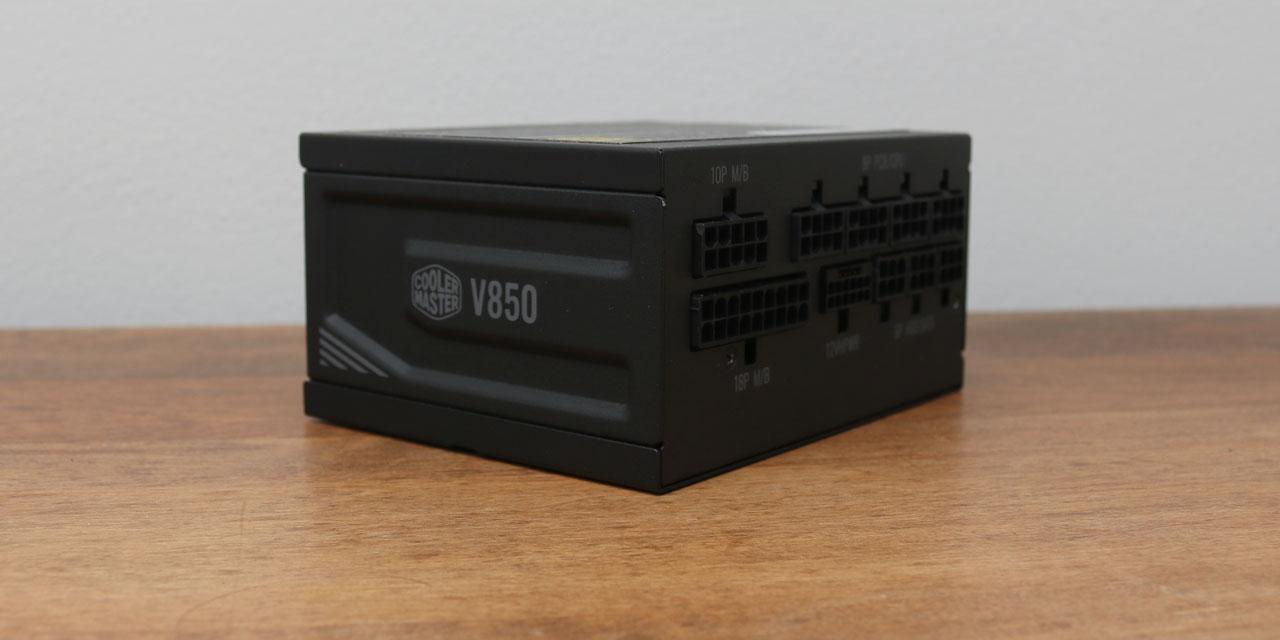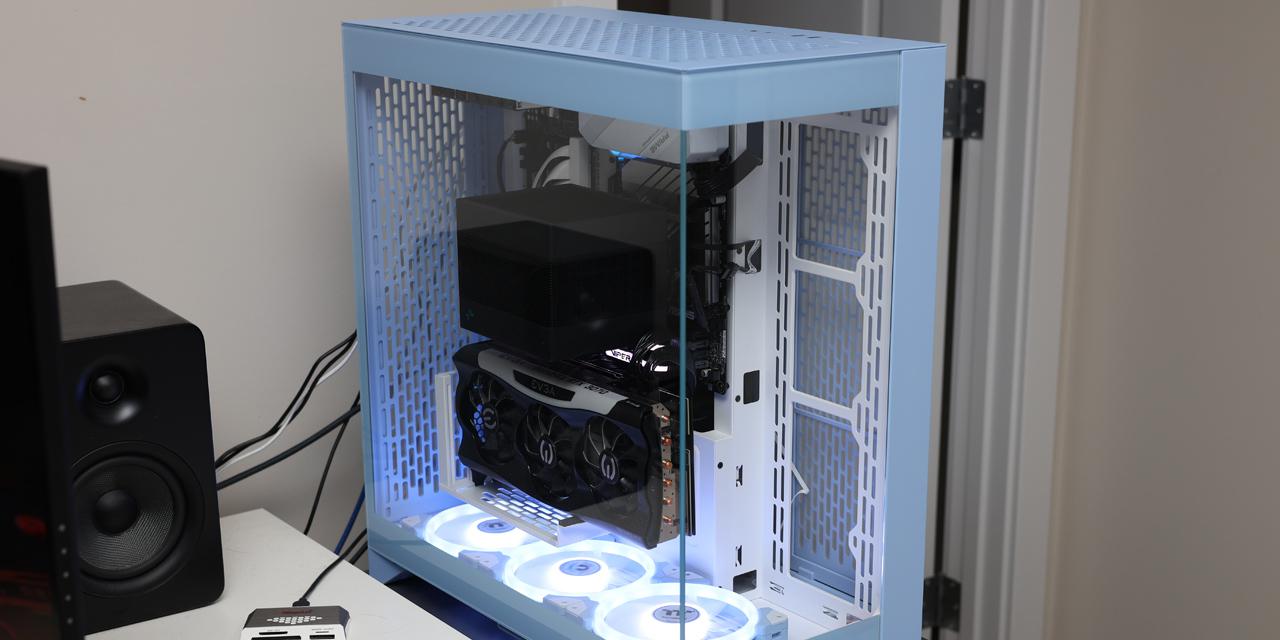From EETimes: IP processor core company ARM is launching a new Server Base System Architecture Specification, as the first 64-bit server chips based on its designs begin sampling.
Although the company has painted a rather vague picture of the details of the specification, the announcement is designed to allow ARM to compete on a more level playing field with Intel Corp., forging a path to software interoperability for server apps on ARM.
Lakshmi Mandyam, ARM’s director of server systems and ecosystems, said in an interview with EE Times that one of the key aspects of the 64-bit roll out is going to be standardization. ARM announced the immediate availability of a new platform standard for 64-bit servers based on the ARM V8 architecture. The platform features minimum hardware requirements and virtualization definition.
“One of the keys is how do you create a standard that will allow for innovation and choice?” she said, adding that software compatibility is also necessary.
Several server analysts, however, complained that ARM had been vague about its specification, and the announcement came with a number of unanswered questions.
“What they have provided so far is pretty high-level,” said Mike Demler, senior analyst at Linley Group. Details are “important,” because they “help their partners get over some hurdles” to enter the market with server applications, he explained. They are critical to address software and porting the existing applications to the ARM architecture. The analyst expects “a combination of ARM Cortex A57 CPU and interconnect fabric on the hardware side” to emerge. One of the biggest concerns is fragmentation.
The companies that say they are going into the server market with V8 architecture have customized the CPU, according to Demler. “Applied Micro and Cavium are building their own version of the ARM CPU.” We don’t know what this exactly means, Demler said.
One of the biggest obstacles to break into a server space dominated by Intel is the ability to run software on something that isn’t the x86 platform. Intel essentially owns the server market at 93 percent. “The challenge is how that software is going to work,” Demler said. “There are efforts underway, but how does ARM make it work when their two main partners aren’t conforming to it because they weren’t satisfied with the out-of-the-box architecture? Neither company has released details about their architecture, but we know that they are customizing it.”
View: Article @ Source Site





